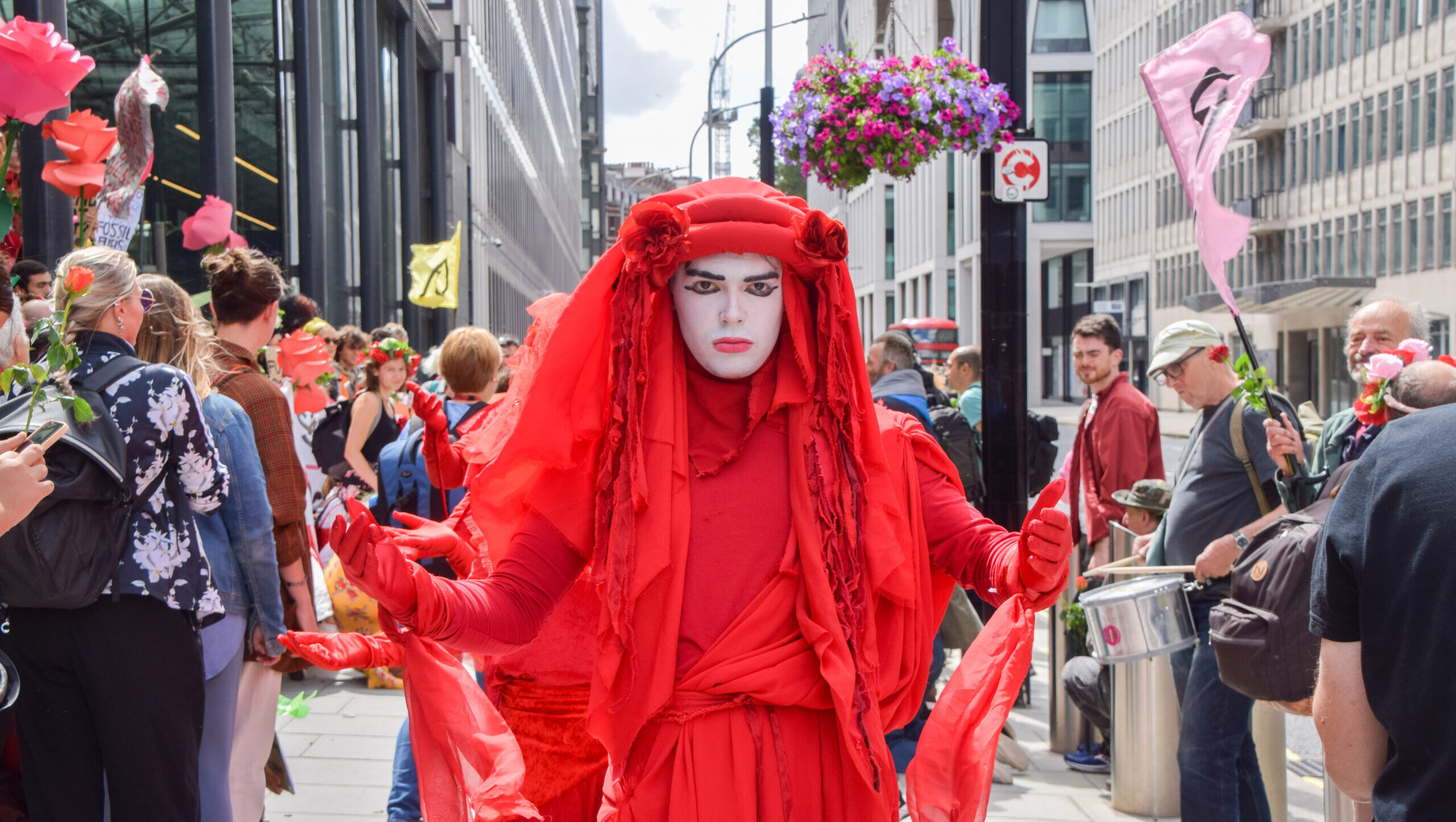A communications project has quietly been launched in the last few weeks, under the auspices of the United Nations Sustainable Development Goal 13 (SDG 13), to “take urgent action to combat climate change and its impacts”.
This amounts to a concerted effort to police Wikipedia’s most viewed entries related to climate change, predominantly reflecting UN-approved perspectives and information on the subject. According to the official PR, the online encyclopaedia’s editors will work in tandem with “content experts” drawn from and handpicked by the Intergovernmental Panel on Climate Change, the United Nations Framework Convention on Climate Change, and the Western government-funded Stockholm Environment Institute, among others.
The groups will, until mid-2024, monitor and amend Wikipedia articles with “significant daily page views”. Noting the site’s entries “usually appear at the top of internet search results”, Wikipedia is set to play a “key role in helping promote climate change knowledge”. While there is a near-consensus that climate change is happening, how individuals and governments should respond to the problem is far from settled — yet the UN is determined to suggest otherwise.
Speaking at a World Economic Forum panel discussion on “tackling disinformation” last autumn, UN Under-Secretary-General for Global Communications Melissa Fleming boasted about her employer’s narrative control wizardry. She revealed that the UN had “partnered” with major search engines and social media platforms to influence what content users do and do not see related to climate change. “We’re becoming much more proactive,” Fleming explained. “We own the science, and we think that the world should know it, and the platforms themselves also do.”
Wikipedia editing is therefore just the latest front in the UN’s ongoing online climate change narrative control war. And there are disturbing indications that the British Government is carrying out similar activity. In March, the Institute for Strategic Dialogue (ISD) commenced work on a three-month Government contract, awarded by the Department for Digital, Culture, Media and Sport (DCMS) to “analyse climate related mis/disinformation on social media”.
ISD receives funding from a large collection of Western governments, foundations and tech giants, ostensibly to root out “disinformation” on particular topics. Tellingly, throughout the pandemic the Institute published alarmist reports on coronavirus “disinformation”. These publications framed any critics of Whitehall’s Covid-19 response as “anti-vaxxers”, while “anti-vaxxers” themselves were portrayed as a vast, far-Right, potentially terroristic fifth column.
Every step of the way, these dubious pronouncements were amplified by the BBC, as well as by the corporation’s “specialist disinformation reporter” Marianna Spring. Spring took up her role in March 2020, precisely when ISD began its investigations into Covid “disinformation”.
Then, in November 2021, the House of Lords Environment and Climate Change Committee published a report on “behaviour change for climate and environmental goals”. It examined mechanisms by which British citizens could be willed into compliance with preventative measures, which can purportedly achieve Net Zero by 2050.
The report argued that ISD’s analysis of “disinformation” published on Facebook during the COP26 conference that same month necessitated the highly controversial Online Safety Bill’s expansion to cover climate change. The Institute concluded that during the two-week conference, “sceptic content garnered 12 times the level of engagement of authoritative sources on the platform”. Shocking stuff, one might think — except much of this so-called “disinformation” took the form of criticism of Greta Thunberg and the hypocrisy of attendees arriving on environmentally destructive private jets.
Meanwhile, Steve Smith, an “expert witness” consulted by the Committee, argued that “traditional broadcasters” such as the BBC “must play an important role as trusted sources in a landscape of disinformation online.” Elsewhere, he suggested the British Government should repurpose communications techniques deployed during the Covid-19 pandemic for the fight against climate change:
Smith is a senior staffer at Picture Zero, a film and TV production company specialising in “human climate change stories”. He was one of several “experts” with no environmental science background — including marketing specialists, green activists, and pollsters — whose testimony heavily informed the report’s findings and recommendations. One after another, they urged the committee to “apply lessons of the Covid pandemic for bringing about widespread behaviour change.”
It seems that governments deploying information warfare against their own citizens did not end with the Covid-19 reopening: influencing the public on the climate agenda is the next area of focus.










Join the discussion
Join like minded readers that support our journalism by becoming a paid subscriber
To join the discussion in the comments, become a paid subscriber.
Join like minded readers that support our journalism, read unlimited articles and enjoy other subscriber-only benefits.
Subscribe